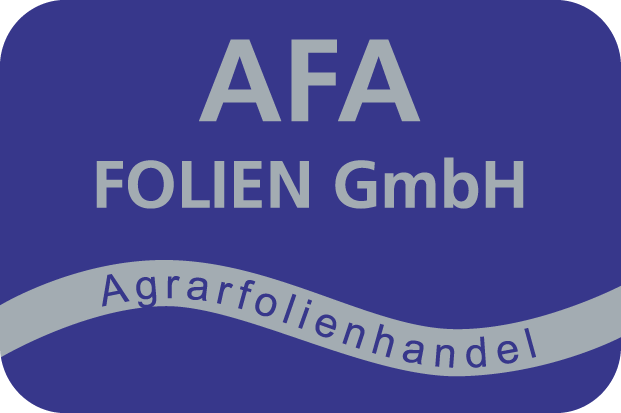Agricultural film pick-up service
Exclusively for agricultural companies, AFA Folien GmbH offers a pick-up service for used agricultural films in the federal states of Schleswig-Holstein, Lower Saxony, Mecklenburg-Western Pomerania, Brandenburg, Saxony-Anhalt as well as in the northern part of North Rhine-Westphalia.
We recycle the following agricultural plastics for you:
- LDPE silo and underlay films
- LDPE asparagus films
- LDPE strawberry dam films
- LDPE irrigation tubes
- HDPE irrigation tubes
- LDPE greenhouse films
- LDPE cold frame or perforated films
- LLDPE agricultural stretch films
- Other plastic fractions after testing
We believe that proper recycling is both ecologically and economically preferable to waste incineration, so we will be happy to check the disposal options at your site.
Our colleagues in the field are always available to answer your questions!
Alternatively, you can also register your collection online here.
Processing of agricultural films, silo films and packaging films
Silage films
Silo films are used to cover grass and corn silage. Silo films are made of LDPE plastic, have material thicknesses between 120 and 190 µm and are mainly used in the colors black/white or black/black. AFA accepts silage films in loose form or compressed into bales. The silo films are to be delivered sorted and in broom-clean condition. This means that no foreign materials such as PVC films, car tires or sandbags may be contained and that no significant amounts of loose feed residues, sand, soil or minerals may be found in the films.
Underlay films
Underlay films are significantly thinner than silage films at 40 µm and are also made of LDPE plastic. They are placed directly on corn or grass silage. Due to the low material thickness, the film fits tightly over the silage, thus preventing air pockets between the silage and the film. Such air pockets can lead to quality losses during ensiling. The unwinding racks offered by AFA allow silage and underlay films to be applied together in one step. The underlay films are recycled together with the silage films, a separation is not necessary.
Asparagus films
Asparagus films are also made of LDPE plastic and are usually thicker than 120 µm. Problems in recycling asparagus films are caused by the pockets on the sides of the plastic sheets, which are often filled with sand. AFA only accepts asparagus films with opened, i.e. completely slit, and emptied sand pockets. Despite well emptied sand pockets, corresponding asparagus films lead to significantly higher wear on the processing equipment during recycling than silage films, which significantly increases processing costs.
Mulch films and irrigation hoses
Mulch or dam films are increasingly used in the cultivation of strawberries, for example. These are made of LDPE plastic, but with material thicknesses of 60 µm they are significantly thinner than asparagus or silage films. Recycling of these materials is possible in principle with AFA, but the films must be removed from the field in such a way that as little plant residue and soil as possible remains attached to the film. Irrigation hoses, which are made of HDPE plastics, are generally used in this type of agricultural cultivation. Processing of used irrigation hoses is basically possible at AFA, but the nature of HDPE irrigation hoses limits the production of special regranulates.
Greenhouse films
Greenhouse films are 120-200 µm thick transparent films made of LDPE plastic. Among others, strawberries are grown under greenhouses made of these films. Recycling of greenhouse films is possible without any problems at AFA.
Packaging films
In addition to agricultural films, packaging films are also recycled at AFA. Packaging films often consist of a mixture of films made of LDPE, HDPE and PP plastics. Due to this material mix, the quality of the regranulate decreases when packaging films are used, so that corresponding regranulates are used in less demanding applications such as construction films or garbage bags. Accordingly, the price level of corresponding regranulates is also significantly below high-quality LDPE regranulates from agricultural films.

